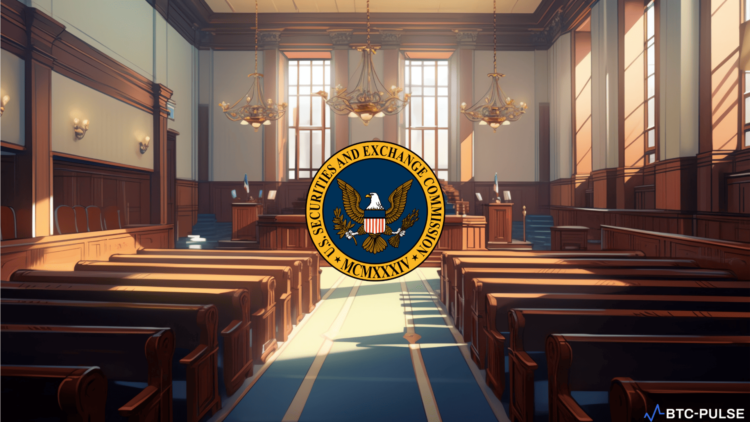Introduction
Debt Box, along with other defendants, is fighting back against a lawsuit filed by the United States Securities and Exchange Commission (SEC). Their primary argument hinges on the claim that the SEC misled a court to secure a temporary asset freeze, which has since been reversed.
SEC’s Initial Actions
On August 3, the SEC obtained a temporary restraining order to freeze Debt Box’s assets. The agency alleged that the firm was involved in a $50 million fraudulent crypto scheme and would remove evidence or transfer assets secretly overseas.
Debt Box’s Counterargument
Debt Box’s legal team contends that the SEC’s accusations are not only baseless but also failed to meet basic legal standards. The firm emphasizes that the SEC’s narrative is flawed and misleading.
Court’s Findings Against SEC
A Utah federal court found significant discrepancies in the SEC’s evidence, leading to the reversal of the asset freeze on November 30. The court noted that the SEC misrepresented facts, particularly regarding Debt Box’s bank accounts and alleged overseas transfers.
Ripple Executives React
Ripple’s top executives, including CTO David Schwartz, have criticized the SEC’s actions, calling them “shocking.” The SEC’s behavior has raised concerns within the crypto community and among legal experts.
Implications for the SEC
The court issued a “show cause order” against the SEC, questioning why the agency should not face penalties for its misleading conduct. This development marks a significant turn in the legal battle and could have broader implications for the SEC’s approach to cryptocurrency regulation.
Conclusion
The case against Debt Box is a pivotal moment in the ongoing tension between the crypto industry and financial regulators. With the SEC’s credibility in question, the outcome of this lawsuit could set a precedent for how crypto-related cases are handled in the future.










